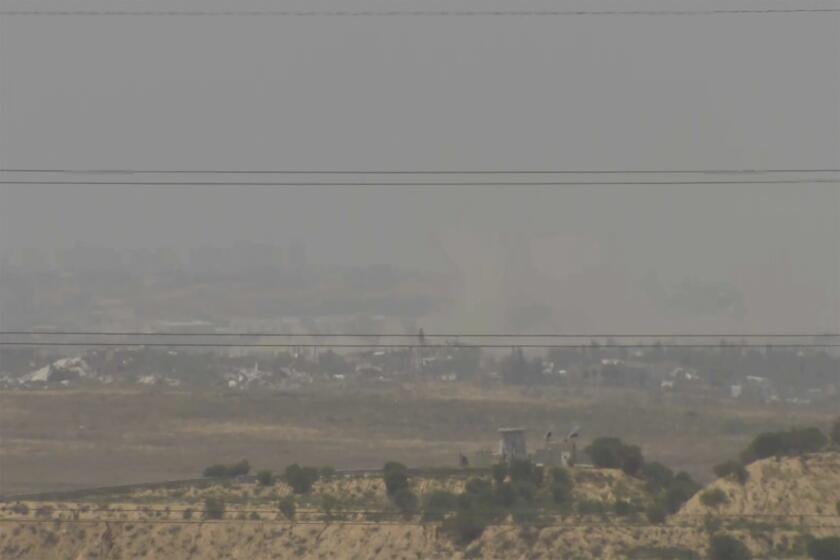Another Legal Setback for Tobacco Firms
A Florida judicial officer has ruled that there is evidence that tobacco companies have “utilized attorneys in carrying out and planning fraudulent activities and undertook to misuse the attorney-client relationship to keep secret research and other activities related to the true health dangers of smoking.”
R. William Rutter, a Florida attorney who is serving as the special master for pretrial document disputes in Florida’s massive $2.4-billion suit against the tobacco industry, made that finding as part of a ruling late Wednesday that sensitive Liggett Group documents should be released.
Rutter said that eight of 13 highly sensitive documents should be made public. He agreed with tobacco industry lawyers that five other documents should not be released at this time.
The special master made his decision after reviewing a number of documents behind closed doors. The documents were presented to him in camera by Liggett attorneys after Liggett agreed to provide sensitive internal material as part of a settlement with 22 state attorneys general in late March.
The special master cautioned that he was not making a decision on the overall merits of the case, in which Florida alleges that the tobacco industry engaged in extensive efforts to mislead the public and to hide from the public its knowledge of the health hazards associated with cigarettes.
Rather, Rutter said, he was making a recommendation that “there is sufficient evidence for a jury to consider and determine whether the defendants engaged in a fraud and whether prior tobacco industry lawyers were involved in such fraudulent activity.”
Rutter’s action is important because a significant issue in the current wave of smoking litigation involves allegations that industry lawyers played a key role in suppressing information about health hazards of cigarettes. Rutter’s ruling is based on a legal concept that certain communications between lawyers and clients that normally would be privileged and confidential shall be made public if there is evidence of a possible fraud or other crime.
Liggett, manufacturer of Chesterfield, Lark and L&M; cigarettes, announced in late March that it intended to turn over sensitive internal documents as part of a settlement with the state attorneys general suing the industry to recover money spent treating indigent smokers’ illnesses. Since then, lawyers for the four other major tobacco companies have argued that a number of the documents were protected by the attorney-client privilege or the “joint defense” privilege.
Peggy Carter, a spokeswoman for R.J. Reynolds, said on Thursday that attorneys for Reynolds and the other major companies will urge a West Palm Beach judge who is presiding over the trial to reverse Rutter’s ruling at a hearing on Monday.
“We strongly believe that the special master is wrong,” Carter said. “We’ll urge Judge [Harold] Cohen to take a closer look.”
Carter said that if the firms do not persuade Cohen, they are prepared to appeal to as high a court as necessary in their effort to prevail.
In Rutter’s ruling, he noted that the industry had not contested Liggett’s right to release seven other documents that he had been asked to review in private. Those documents have now been made public. Three of them show that since 1940 Liggett kept a detailed inventory of pesticides and additives it had mixed with tobacco. Among them are highly toxic chemicals such as arsenic, DDT, malathion and TDE.
One of the other documents is a memo from a Liggett lawyer saying attorneys need to review any promotions of Larks “based on health safety because of the possible effect on pending or possible future litigation derived from smoking other brands.”
More to Read
Start your day right
Sign up for Essential California for news, features and recommendations from the L.A. Times and beyond in your inbox six days a week.
You may occasionally receive promotional content from the Los Angeles Times.






